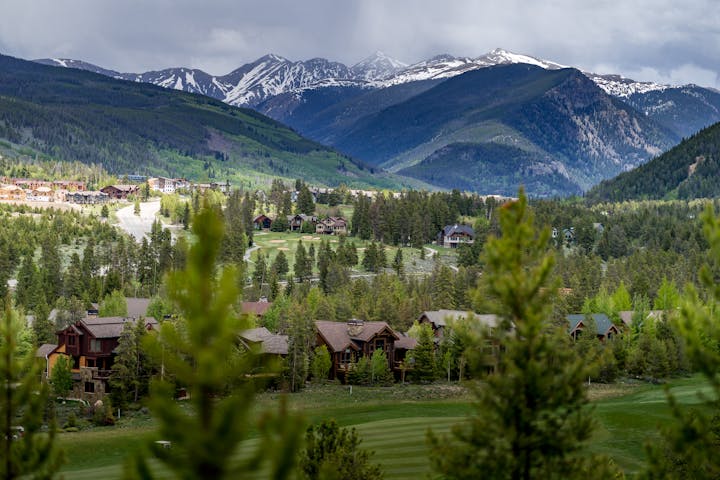ATVs & UTVs: Auto Or Inland Marine?

August 17, 2021 | Kim Chapman
We have been receiving an increased number of member requests to cover ATVs and UTVs under their Property & Liability coverage. One of the questions we receive from time to time is whether ATVs and/or UTVs should be scheduled under Auto or Inland Marine (Equipment) coverage. Here we will answer that question, but first let’s take a look at the main differences between an ATV and a UTV, and how they differ from motor vehicles.
An ATV (All-Terrain Vehicle), also known as a “quad” or “four wheeler,” is meant for single riders and is often better for tight spaces and quick turns. A UTV (Utility Task Vehicle), sometimes referred to as a “side by side,” is generally larger and bulkier than an ATV and allows for multiple passengers to ride side-by-side. Both ATVs and UTVs belong to a class known as “Off-Highway Vehicles” (OHVs), which we will use throughout this article to refer to both.
So, how do OHVs differ from motor vehicles? Per Colorado Revised Statute C.R.S.A. § 42-6-102:
- “Motor vehicle” means any self-propelled vehicle that is designed primarily for travel on the public highways and is generally and commonly used to transport persons and property over the public highways, including trailers, semitrailers, and trailer coaches, without motive power.
- “Off-highway vehicle” means a self-propelled vehicle that is:
- (I) Designed to travel on wheels or tracks in contact with the ground;
- (II) Designed primarily for use off of the public highways; and
- (III) Generally and commonly used to transport persons for recreational purposes.
In Colorado, OHVs must be registered with Colorado Parks and Wildlife and must display current registration stickers while in an OHV staging area or operated on designated trails or routes. OHVs can be regulated by county or municipal governments on their roads. However, OHVs are not issued license plates, nor are they registered with the DMV or subject to compulsory vehicle financial responsibility (auto insurance) laws.
Per the CSD Pool’s Auto Physical Damage Coverage Document:
- Auto means a land motor vehicle, trailer or semi-trailer designed for travel on public roads or any other land vehicle that is subject to a compulsory law in the state where it is licensed or principally garaged.
As OHVs are neither designated for travel on public roads nor subject to compulsory laws, they do not qualify as “Autos” and therefore cannot be covered under Auto Liability and/or Auto Physical Damage coverage.
The appropriate place to cover OHVs is under Inland Marine. Contrary to what the name may imply, Inland Marine has nothing to do with water. The purpose of this coverage is to provide physical damage coverage for property and equipment that does not always remain on the district’s premises but instead, moves around. A typical Inland Marine schedule may include OHVs, boats, drones, landscaping equipment, mowers, golf carts, tools, backhoes, loaders, portable emergency equipment, and so on. If it’s mobile, it can probably be covered under Inland Marine.
You may be wondering, if the coverage for physical damage to OHVs is provided under Inland Marine, what about liability coverage? Do OHVs need to remain on the vehicle schedule for liability only coverage? The short answer is no. When mobile equipment is covered for physical damage, the liability coverage is provided by General Liability. So, no need to worry about scheduling your equipment in two different places.
A recent review of our members’ coverage revealed that there are instances of OHVs being incorrectly placed on Auto schedule. We have begun the process of moving those items over to the Inland Marine schedule. Some districts have already received endorsements to this effect, and we will continue to make changes where needed. The good news is, Inland Marine coverage is generally less expensive than Auto coverage! So far, all of the members whose OHVs have been corrected have received refunds.
As the 2022 renewal approaches, now may be a good time to review your district’s Auto, Property and Inland Marine schedules for accuracy and to determine what updates may be required. We realize this task can be a bit daunting, and as always we are here to help! Please reach out to us with any questions at pc@csdpool.org, or (800) 318-8870, ext. 2.

